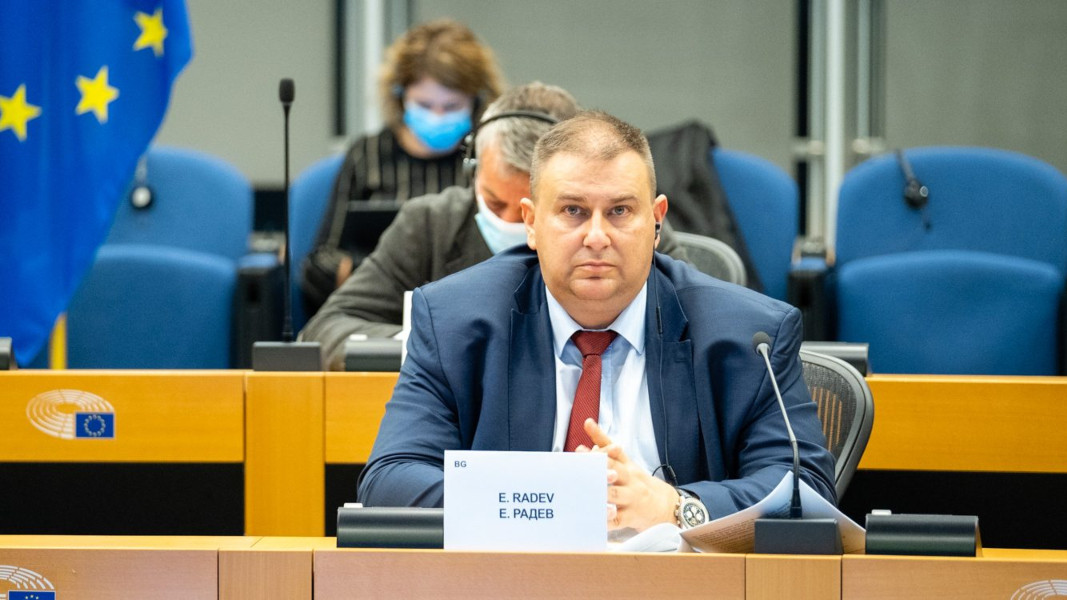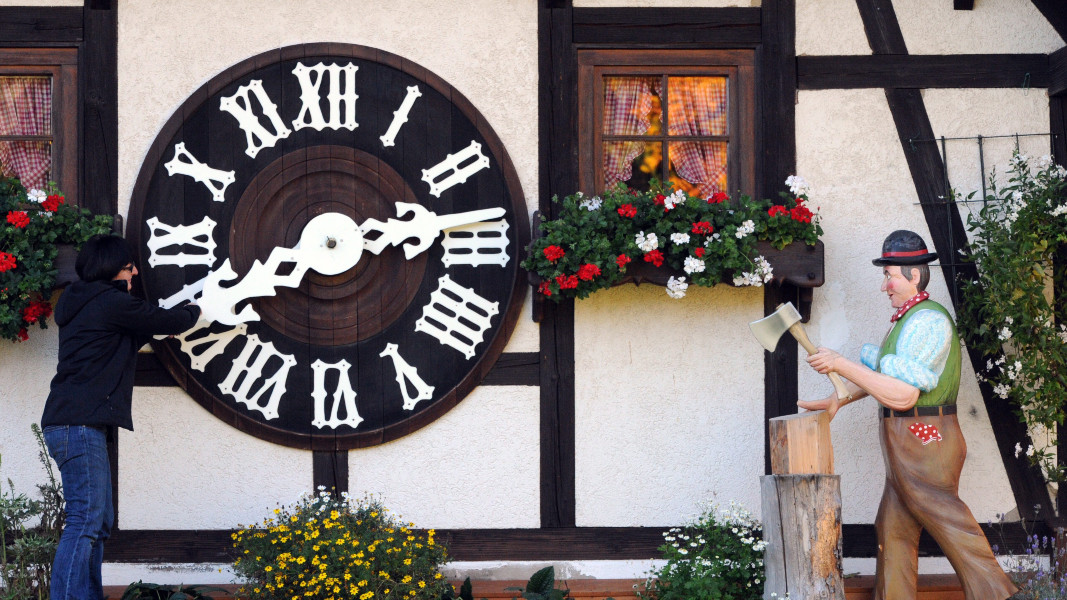Already in 2018, the European Commission proposed to put an end to the change of summer and astronomical time, in accordance with the will of 4.6 million European citizens who participated in a poll on the subject. The EC also received support for this decision in the European Parliament, where with 410 votes "for", 192 votes "against" and 51 votes "abstentions", it was accepted that the countries that will prefer to keep the standard (winter) time can change their clocks for the last time on the last Sunday of October 2021. However, in practice this did not happen.
At the end of October, we once again moved our clocks one hour back to switch to winter time. In fact, 48% of Bulgarians prefer Bulgaria to stay at this time all year round, and 32% feel better with the daylight savings time - according to a 2018 sociological survey by the Exacta agency. People over 59 years of age and those living in the countryside are firm supporters of winter time. Daylight-saving time is preferred by residents of the capital and big cities.

Each EU member state is expected to decide for itself which time it prefers. But until that happens, at least for now, we Bulgarians and the rest of the Europeans continue to turn back the clocks twice a year.
"The economic consequences of the change in the time are not as significant as those on people's health. Cardiovascular problems increase when the time changes, 40-45% of European citizens suffer from insomnia after the time change and they need a month to adapt to the new time”, notes Bulgarian MEP Emil Radev. “Adjusting to the new clock time also affects people's labour productivity. All this leads us to the conclusion that we need to rethink the time change, as the benefits far outweigh the potential harms. When it comes to health, we cannot and should not make any compromises”.

Indeed, the consequences that the human body suffers when the time changes twice a year are many, with fatigue and lack of sleep being their most frequent manifestations. Cardiologists claim that with the change of time, the number of heart attacks increases, and insomnia is one of the main causes of them. Chronic lack of sleep also leads to weight gain and cardiovascular diseases.
"There are people who are more prone to the so-called seasonal affective disorder (a tendency to depression) right at the change of seasons and the transition to winter time, since sunlight is also directly related to the hormone of happiness - serotonin, and in winter it is more limited”, neurologist Dr. Diana Dechovska noted on the occasion of the return to winter time. “In such moments, we most often have no mood, no energy and feel unwilling to do our daily tasks. This type of depression often triggers an uncontrollable desire for food, that is, it also leads to obesity and the risks associated with it," Dr. Dechovska explained to BTA.

A healthy diet, hydration of the body, good sleep, physical activity and, if possible, more time in the sun will help us cope with the clock change more easily.
Whether and when the suspension of the time change will become a fact - we have yet to find out. In order to continue the discussions on the topic within the EU, it must be put on the agenda by the rotating president of the EU Council. The last such debate was held in the second half of 2019, during the Finnish Presidency.
Photos: BGNES, emilradev.com, EPA/BGNES
The survival of millions of people around the world, living in conditions of war, hunger, disease and immense despair, is at stake every day. We often approach immigrants from such countries with hostility rather than understanding. What they have..
Modernizing critical thinking skills, fact-checking skills and media literacy are essential for society, especially for young people in Bulgaria - the country with one of the lowest media literacy indices in the EU, reports the educational platform..
The residents of Pleven (Central North Bulgaria) will bid farewell to 2024 with a Christmas Town and meetings with Santa Claus. This year's festive program of the local municipality will start on December 2 with the Christmas tree lighting ceremony at..
Dear friends, We at Radio Bulgaria send you our warmest wishes for a Merry Christmas! May your hearts overflow with joy, your homes be filled..
The 22nd edition of the "Bulgarian Christmas" charity performance will take place tonight at the Ivan Vazov National Theatre. The initiative is held..

+359 2 9336 661
